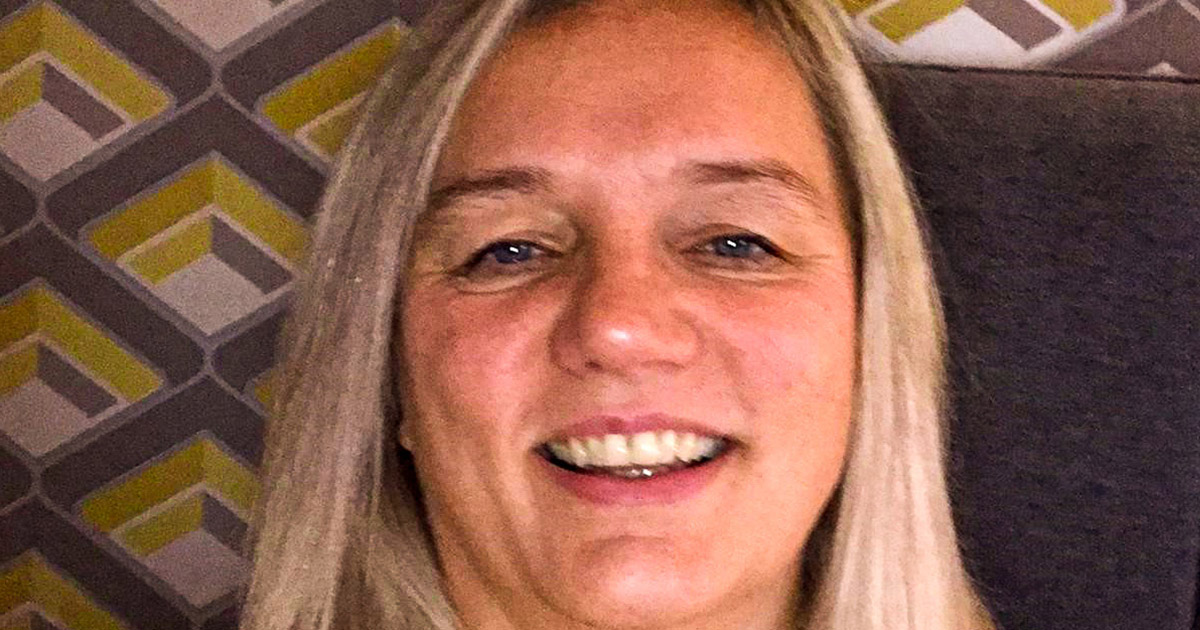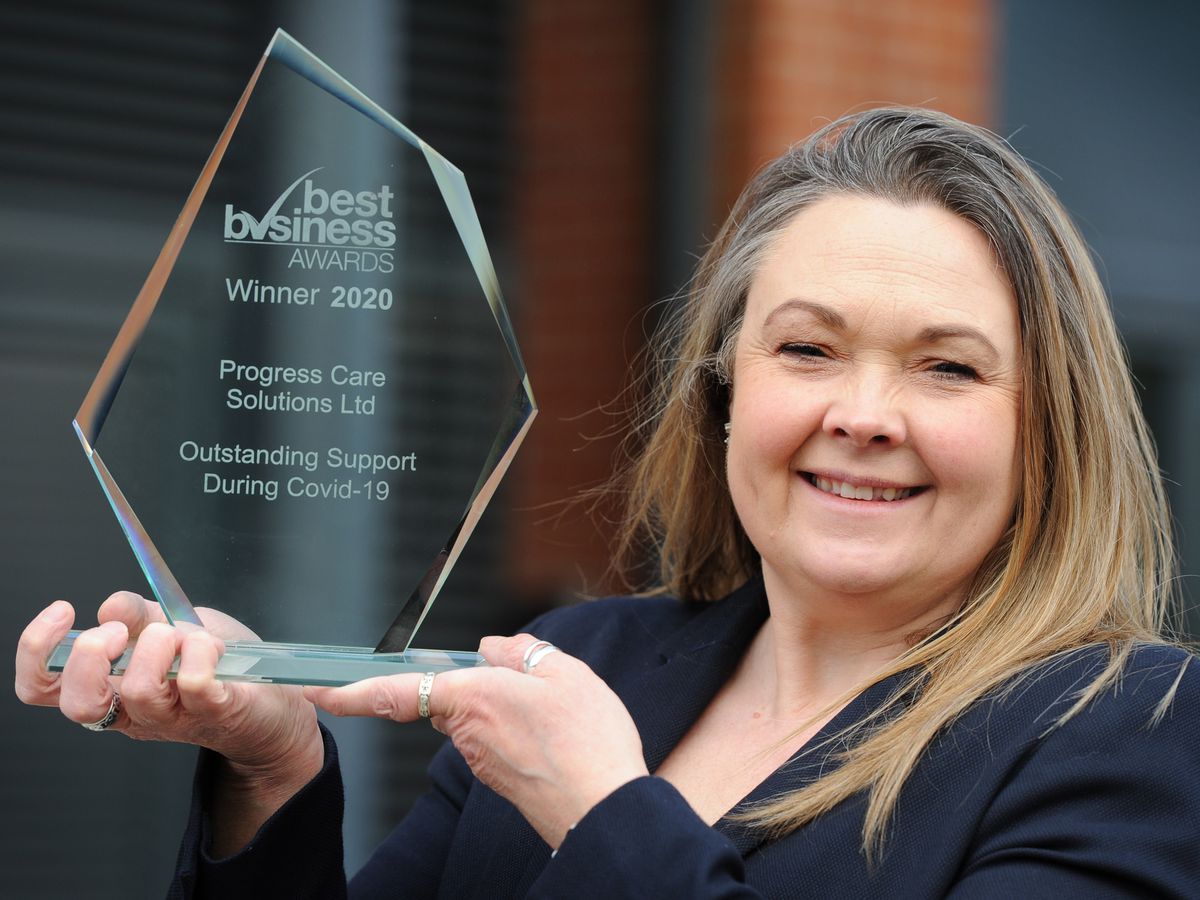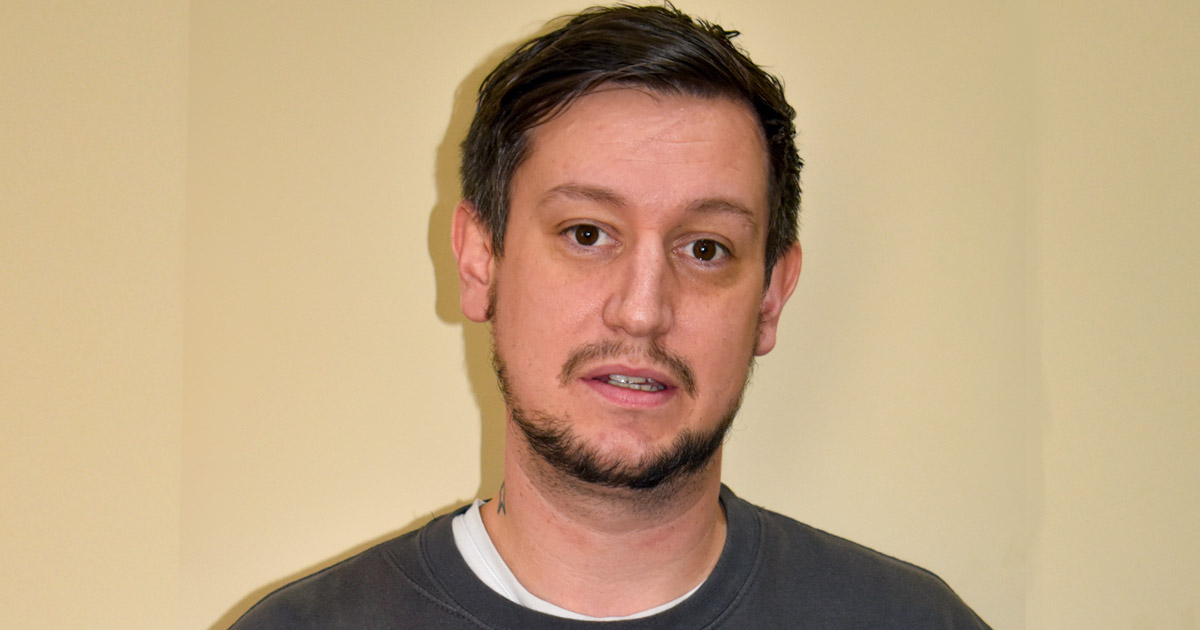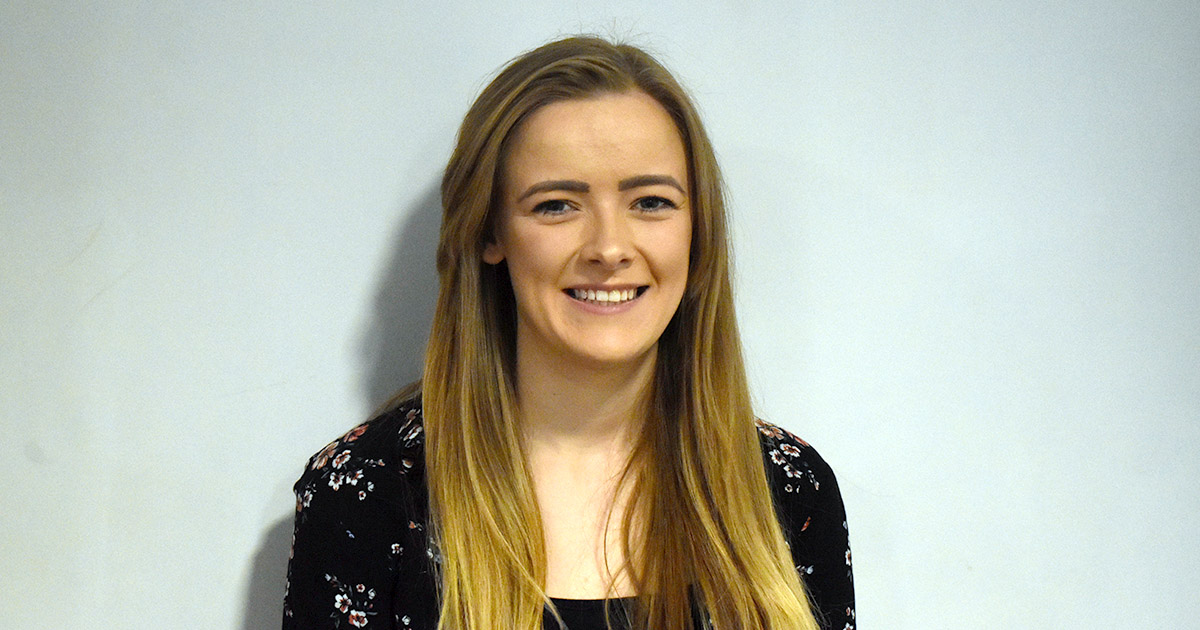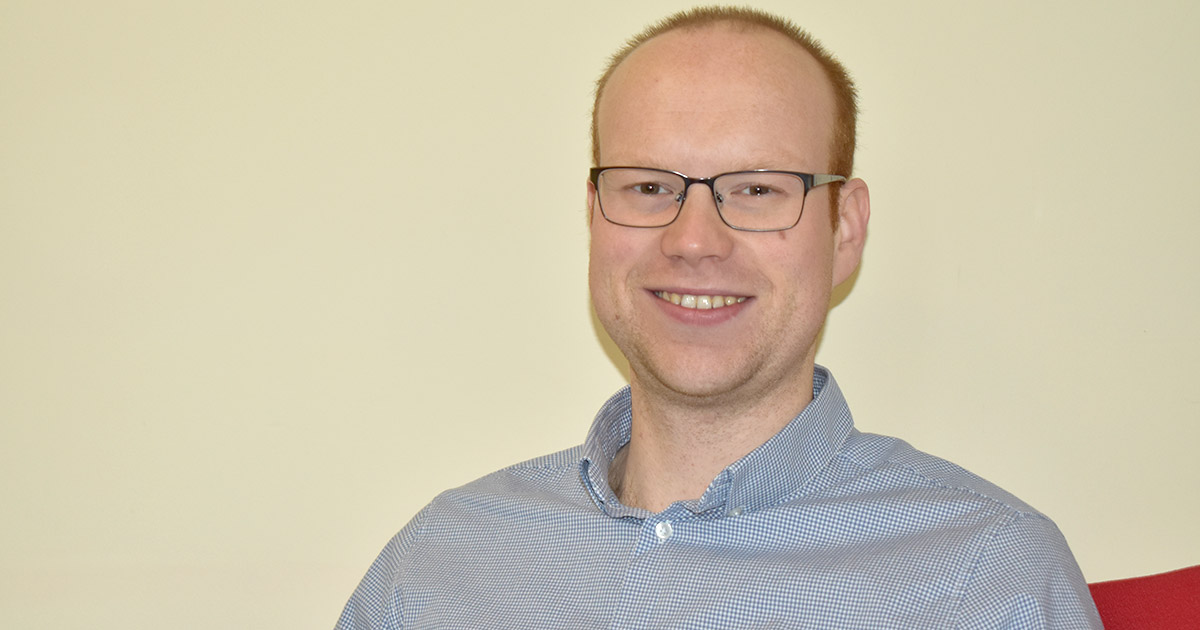My name is Deana, and I am a residential manager for Progress. I have been working with children and young people in residential care for approximately 13 years.
I have seen a lot of young people come and go, but one young person will remain in my thoughts and heart for a long time.
I remember going to visit David, at school, in 2014. He was taking part in a school play rehearsal where the song ‘Running Bear’ was being played. I was introduced, by name, to the class and over he came to me with a feather in his hand, placed it in my hair and then stroked my cheek and chin saying, ‘nice beard’.
I just knew from that moment on I could work with David and make a difference in his life.
The care package started off with help in the community, then onto shared care over the weekends and then with him finally coming into residential care full time.
Don’t get me wrong things were not always easy and routines and schedules didn’t always go to plan. We had our up’s, which there were many and we also had our down’s.
Days out with the family were very difficult and so did not happen often. I remember taking David to the theatre to see his first live musical, Mamma Mia. He absolutely loved it. David was standing up in the audience singing and dancing. I remember crying that day! He then went on to see many theatre productions. He used to love going to the cinema, shopping, bowling, and eating out. I remember taking him to a local restaurant and his favourite pudding was chocolate fudge cake. No matter how many dinners David had there was always room for pudding.
David was introduced to the local church, where he would attend the monthly coffee mornings. He would go and have his breakfast, buy cakes, and raffle tickets and always managed to win. He won the hearts of all those that attended. I would sometimes meet him down there on my days off and he would sit with my baby holding him and once asked for a photo of them together. Did I get too close I can hear you saying, probably yes, I did, but then I would not be doing my job if I didn’t.
He made such progression with us at Progress and grew up into a lovely young man. David made me proud to want to take him out. He was a funny, caring and an entertaining young man when he was having a good day. Like I said, things didn’t always go to plan and he would display behaviours that challenged but this was part of the progression for him.
David turned 18 in 2020 and moved into an adult living provision which would help to further his progression. He will be missed by a lot of staff as well as myself. David made some terrific memories not only for himself but the staff that worked with him. Especially those who took him out on activities, on holidays or those who cared for him in the house, he was something special.
I always said when I first came into the care sector, if I can help just one person then my job is done. The only problem is you never stop at just one, its infectious to continue helping the young people that come into our homes.
I have always said that for me, working with children and young people in residential care is not a job it’s a vocation.
Inspired by Deana’s experiences? Why not apply for a role at Progress today!




